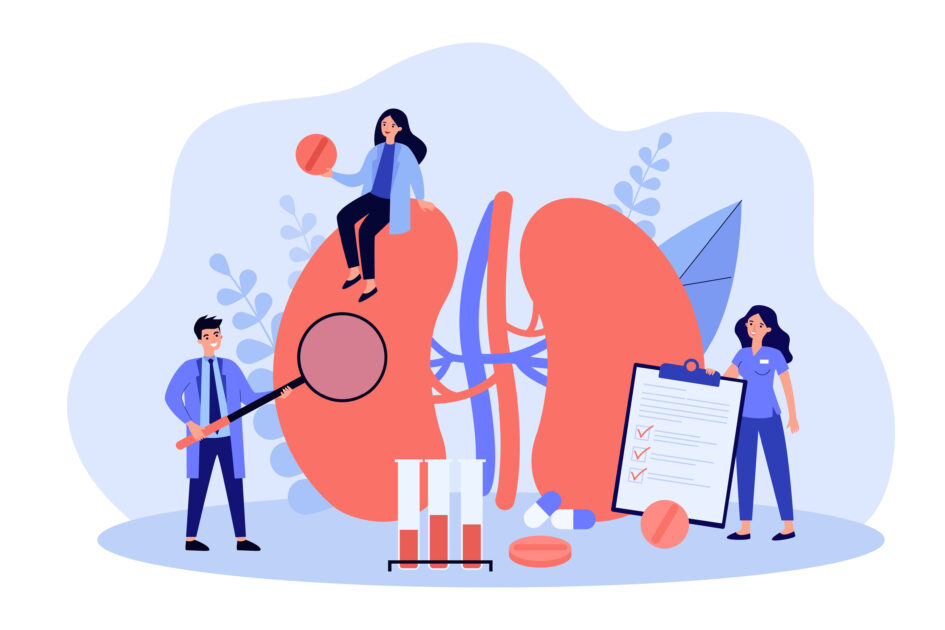Keep Your Kidneys Healthy!
March is National Kidney Month. Read on for tips on preventing kidney disease and find out who is most at risk, the symptoms of kidney disease and what to do if you think there might be a problem.
For many of us, the kidneys are an organ we don’t think about until something goes wrong. But this vital organ is responsible for ridding the body of waste products and maintaining fluid balance (among other important functions). In fact, if you’re healthy, your kidneys can filter up to 180 gallons of liquid a day!
That’s why it’s so important to take care of your kidneys—and adopt healthy habits now to prevent complications in the future. If you want to protect yourself from kidney disease and enjoy better overall health, check out these tips from the National Kidney Foundation:
Who Is Most at Risk for Kidney Disease?
- Anyone with high blood pressure or diabetes
- Anyone with a family history of kidney failure
- African Americans, Hispanics, Asians, Pacific Islanders and American Indians
- Those aged 60 and older
- Those who are overweight or obese
What to Do to Reduce Your Risk for Kidney Disease?
- Exercise regularly.
- Control your weight.
- Stay hydrated.
- Quit tobacco usage.
- Reduce your salt intake.
- Moderate your protein consumption.
- Create a kidney-healthy eating plan with a dietitian.
- Eat a healthy diet rich in fruits and vegetables.
- Limit alcohol consumption.
Symptoms of Kidney Disease
Most people may not have any severe symptoms until their kidney disease is advanced. However, you may notice that you:
- Feel more tired and have less energy
- Have trouble concentrating
- Have a poor appetite
- Have trouble sleeping
- Have muscle cramping at night
- Have swollen feet and ankles
- Have puffiness around your eyes, especially in the morning
- Have dry, itchy skin
- Need to urinate more often, especially at night
Talk to Your Doctor
If you have any concerns about your kidneys, talk to your doctor. They can help you identify any problems and make sure that they’re addressed before they become serious.
Source:
“KEEP Healthy,” National Kidney Foundation, kidney.org/keephealth, accessed Feb. 2, 2023.

